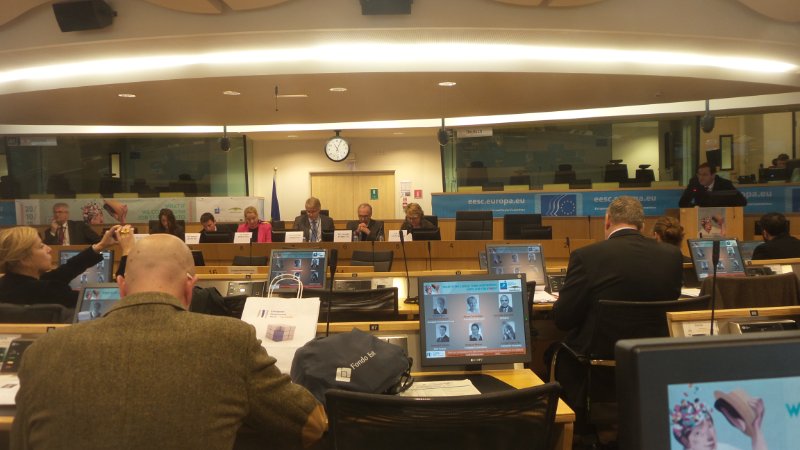Is Luxembourg on track to becoming a force in Microfinance?
We believe that Luxembourg is really on the way to becoming both a hub and a force for good in Microfinance and the fight against poverty. In recent years we have seen more and more focus on this objective supported principally by ADA asbl (Appui au Développement Autonome), Luxembourg and the European Investment Bank (EIB).
There is also ever increasing enthusiasm shown by the LuxFLAG founding members (the Luxembourg government, ALFI, ABBL, ADA, EIF, Luxembourg stock exchange) who strive to establish a mark of quality backed by due diligence and audit for microfinance and other investment funds.
Kofi Anan once said “Microfinance recognizes that poor people are remarkable reservoirs of energy and knowledge. And while the lack of financial services is a sign of poverty, today it is also understood as an untapped opportunity to create markets, bring people in from the margins and give them the tools with which to help themselves“
Clearly in Europe and in Luxembourg we are not free of poverty and the influx of refugees is a new threat which we must turn into opportunity for all. On Tuesday 20 October 2015, we were invited to a conference organised by the EIB Institute which was the first European Microfinance day in Brussels with a workshop entitled “What if we could turn job seekers into job creators?” This was also a lead into the Ada Annual Symposium which was held on 21 October 2015 in Luxembourg and was hosted by the EIB and the Université du Luxembourg.

The first European Microfinance day started with the presentation of “Fund Helenos” which is a new Investment and Technical Assistance Fund to support, finance and strengthen the equity of small and start-up microfinance institutions in Europe and neighbouring countries. This was followed by a session on regulations and laws for microfinance in the EU which was moderated by Per-Erik Eriksson, European Investment Fund, Anne Contreras, Arendt & Medernach, Luxembourg, Corrado Ferretti, PerMicro, Italy, Samuel Lefèvre, BNP Paribas, France Andrea Maier, European Commission, Belgium and Lucija Popovska, Habitat for Humanity International, Slovakia.
Mr Eriksson introduced the debate by explaining the ongoing need for a homogenous and especially flexible regulatory framework for microfinance including laws for micro borrowers, minimum functional and size requirements, equal opportunities and perhaps self regulation. Corrado Ferretti followed with detail on the very high institutional diversity and country centric regulations which are not controlled by the European central bank. Lucija Popovska continued with the explanation that the current microfinance portfolio is estimated at €1.5bn while the need is expected to be €35-40bn.
Samuel Lefèvre spoke about access being a key to funding ranging from local bank funding to private investors, ‘passion capital’, public subsidies, crowd funding and social impact bonds. He explained that there are guarantee programs in emerging countries but not in Western Europe.
Turning to regulation and anti-money laundering (AML), Mme Contreras said that Know Your Client (KYC) regulations are well established and in Luxembourg there is also the requirement to obtain certification as a Financial Sector Professional, known as PSF (to use the French acronym). Indeed AML duties are now well enshrined in national law.
Further detailed discussions were held about the, sometimes controversial, pricing of microfinance loans, as well as, private individual credits, credit agencies and how to avoid unduly heavy and restrictive regulation. In Europe there are some 105 microfinance institutions with a base value of some €5bn which is a 48% increase. Luxembourg is the number one country for microfinance funds or Investments Vehicles (MIVs) (60% are held here), followed by the Netherlands, so Luxembourg is, in fact, already regarded as a hub for the funding side of the microfinance equation.
We will provide more information on the ADA Symposium and the upcoming European Microfinance Week being held in Luxembourg in our next articles and we would be delighted to hear your constructive thoughts and comments.




























